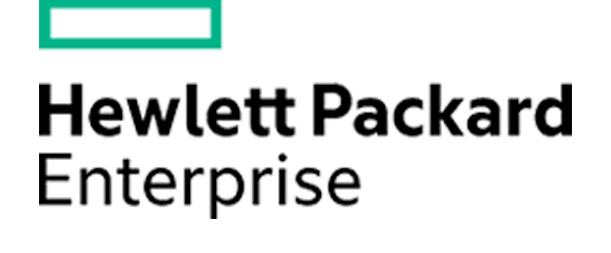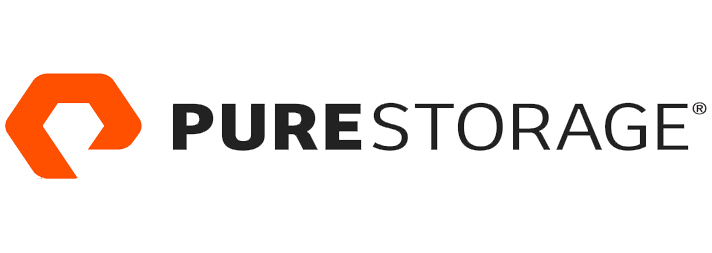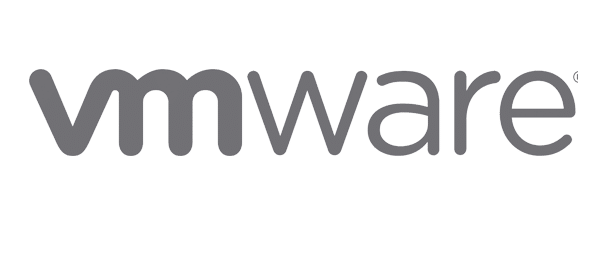What is NVMe: Your Key to Managing Data Explosion & Insights
According to one recent study, nearly 90% of all data has been created in the last two years. On average, we are collectively generating about 2.5 quintillion bytes of new information every single day—an unimaginable number that shows absolutely no signs of slowing down.
Within the context of the modern enterprise, this data is more than just 1s and 0s sitting on a hard drive. It can be actionable intelligence needed to spot trends, increase revenues, create better relationships with clients and improve patient outcomes. The ability to make intelligent, timely decisions creates competitive advantage that paves the way for years of future success.
This type of intelligence requires not only storing data, but also curating and making it accessible to decision makers where and when they need it. They need reliable, performance-driven data to endure this massive explosion of data at scale—which is why NVMe is so important. In fact, companies like HPE are using the storage-class memory as a platform accelerator to deliver 2x performance in arrays like HPE Nimble and Primera.

What is NVMe?
NVMe is an acronym for “Non-Volatile Memory express.” It is a relatively new storage protocol designed to access high-speed storage media. NVMe has a broad array of appealing advantages and is gaining traction in the market. Some of these include:
- NVMe delivers far faster access to stored information
- It consumes far less power, which dramatically reduces the total cost of ownership
- NVMe reduces latency and delivers faster IOPS, significantly improving performance over the SATA/SAS physical interfaces and protocols common with spinning hard disk drives
NVMe and PCIe-Based SSDs: What You Need to Know
All of this is particularly important as it relates to PCIe-based SSDs or “solid state drives” — a medium that represents an evolution in storage capabilities. The major issue with the hard disk drives of the past is that they used mechanical platters for storage. Not only did this mean the drives were far slower than their modern SSD counterparts, but they were also far more fragile. Mean Time Between Failure (MTBF) is a common term meaning that you were always planning for the eventuality of when a hard drive would fail—not if a hard drive would fail.
SSDs, on the other hand, use flash-based storage. There are no moving parts, so SSDs are far faster, particularly in terms of sequential read/write operations. They are also far less fragile without mechanical parts that will eventually fail.
NVMe is important in our data-intensive world because the “old school” hard drives, built on SATA and SAS interfaces, are simply insufficient for the type of high-speed storage media that enterprises require today. Deploying NVMe drives better prepares an enterprise for newer and more demanding applications like real-time workload processing and working with remote information stored in data centers or at the edge.
Most organizations have a cloud strategy and are using cloud technology to store some or all their data. About 90% of companies use some type of cloud service on a regular basis; by the end of this year a massive 83% of all enterprise workloads will exist in a cloud. NVMe and PCIe-based SSDs present an opportunity to meet the speed, volume and cost challenges of today and tomorrow in one fell swoop.
The Future of Enterprise Computing is Here
All the actionable, insightful data in the world ultimately won’t benefit an enterprise in any appreciable way without a reliable means to access it.
“Traditional” protocols like SATA simply require far too many CPU cycles to make data available to users, but also to the applications that are designed to process and transform that data into intelligence. Every minute that this process is delayed is a minute of lost opportunities.
At the same time, your average budget for IT infrastructure is not necessarily growing at the same pace as the data storage requirements. This means pressure to maximize return on investment, both in terms of storage and with regards to what they can do with their available computing power.
Although NVMe is relatively new by technology standards, it has already emerged as an ideal way to address many of these concerns at the same time. By design, it can handle even the harshest application workloads with a far smaller footprint, allow businesses to extract more value from their investments and accelerate their business growth. With businesses creating more data than ever before, NVMe allows you to do more with that data than ever before.
If you’d like to find out more about NVMe or to talk to a technical expert about your own situation in a bit more detail, please contact us today.



























